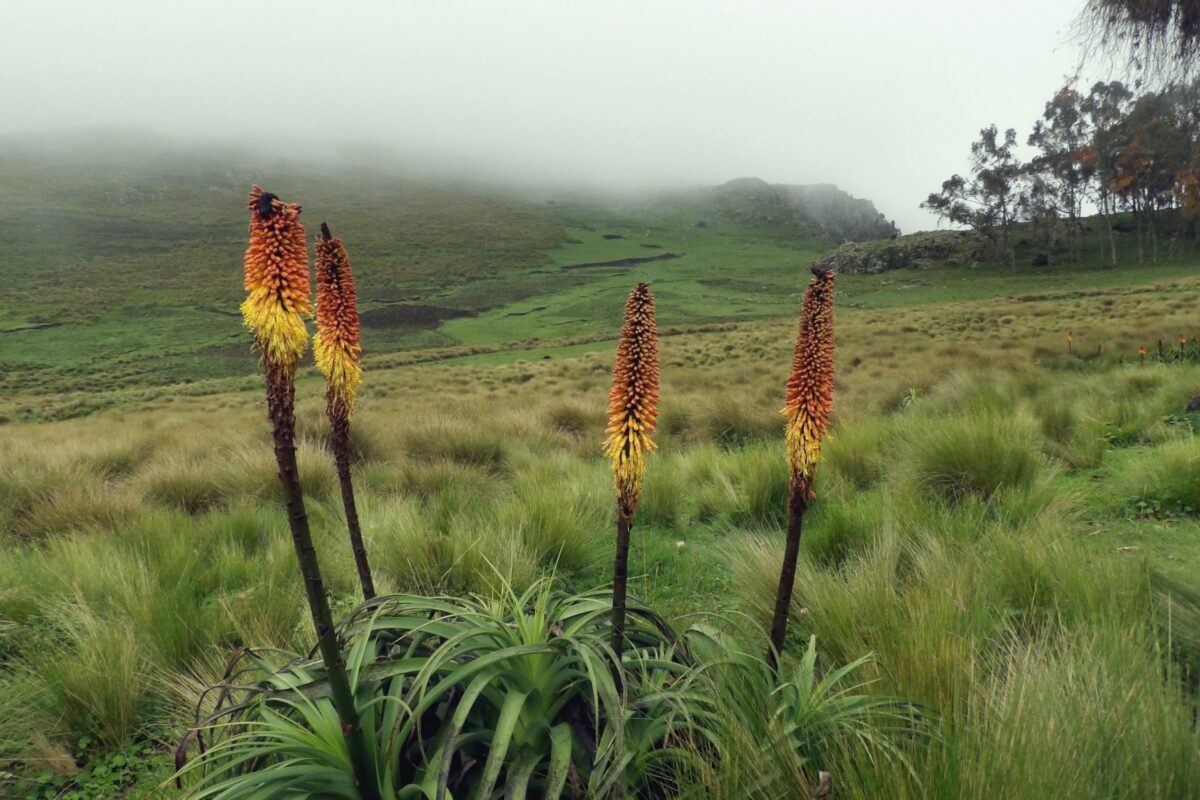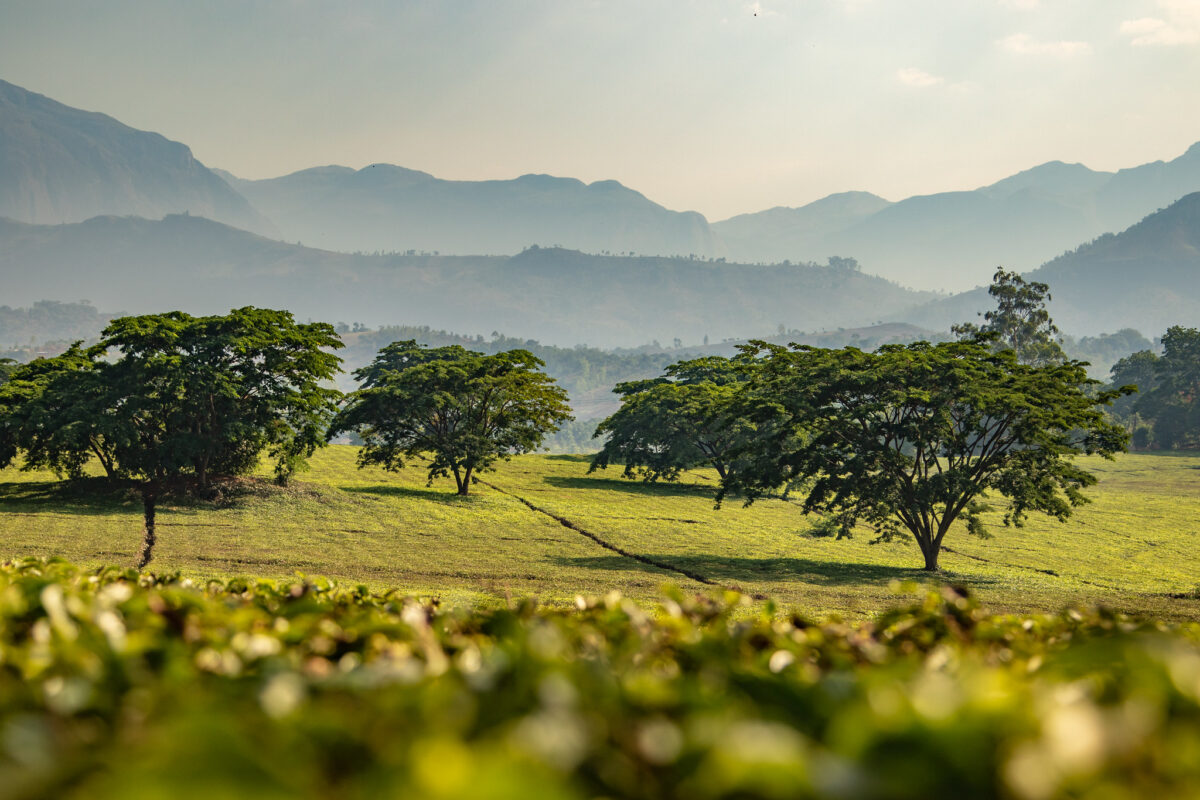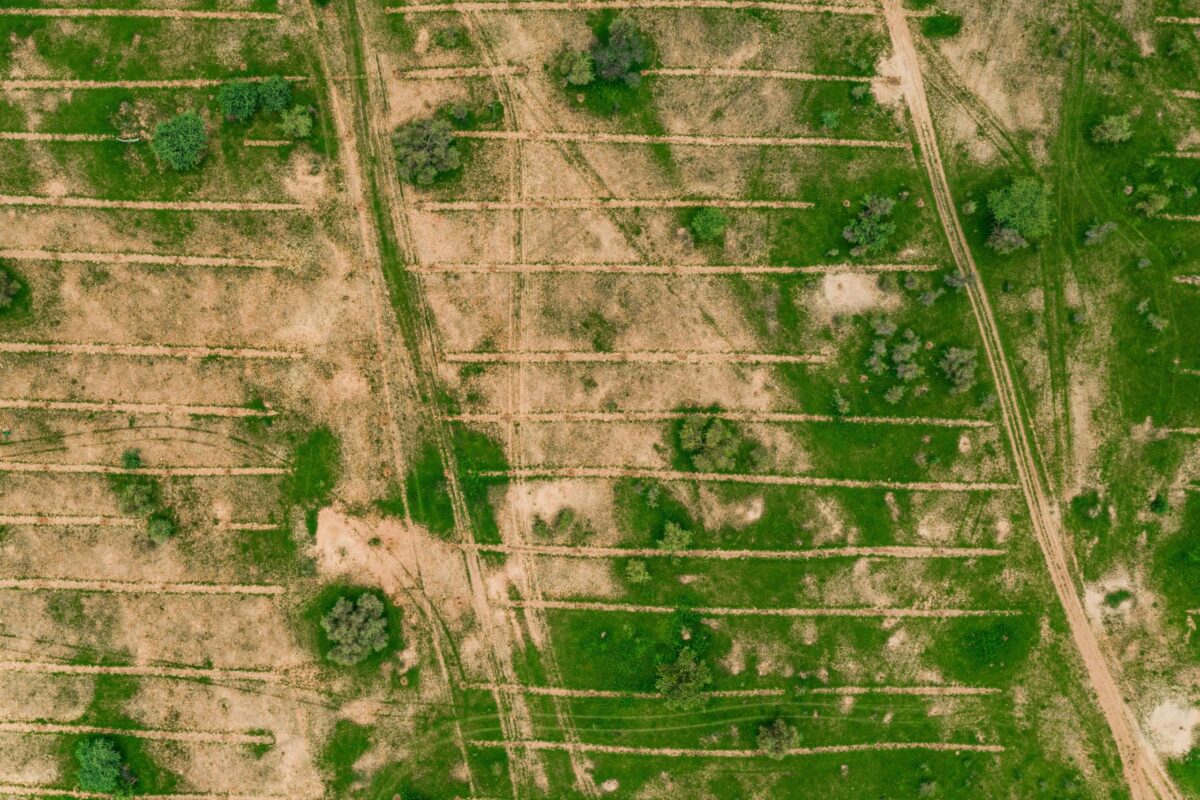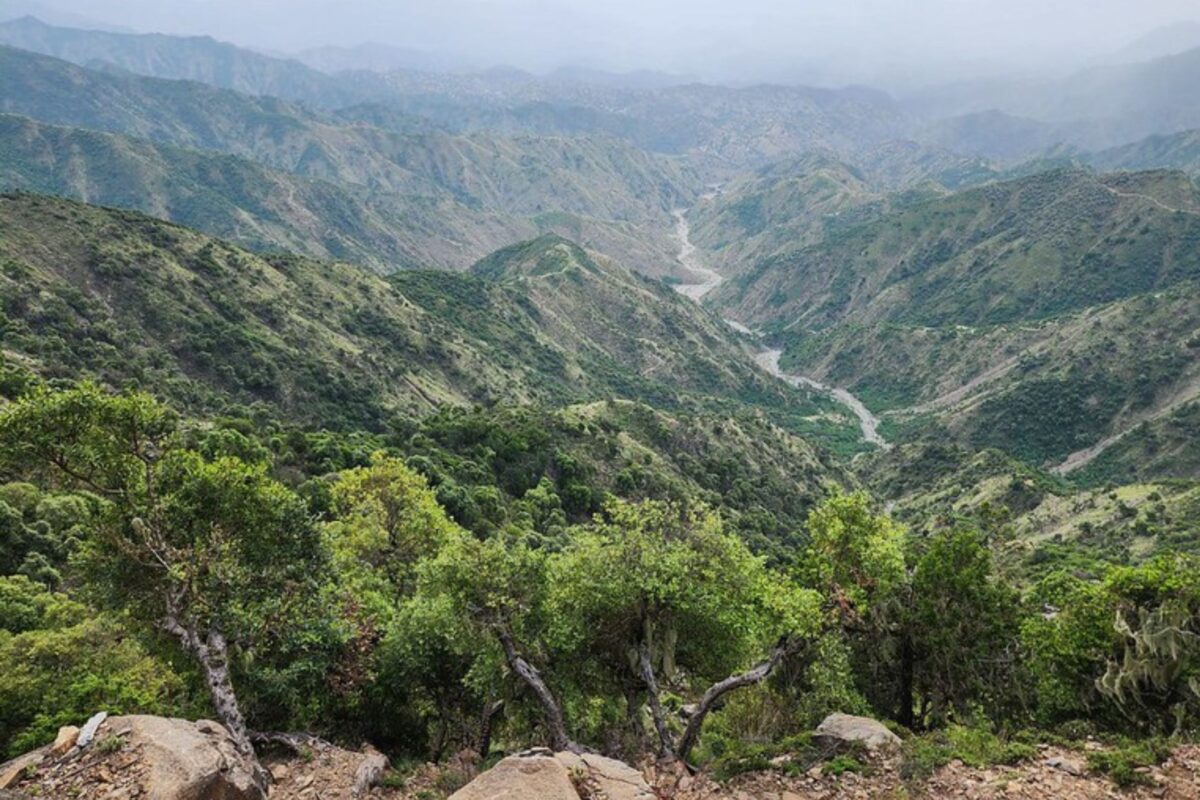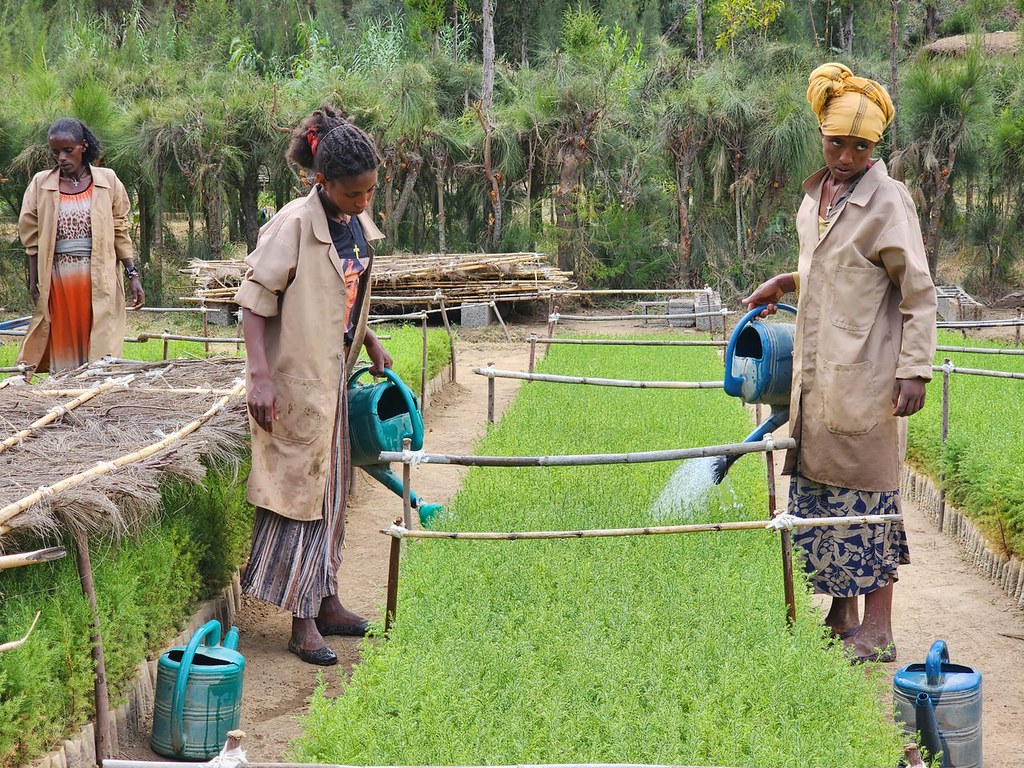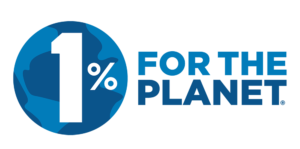Now, with blazes already at a 13-year high as early as June, this year’s fires could equal or even surpass the devastating fires of August 2019, when parts of the Amazon burned at a rate not seen in years.
Ecologists argued that the damage was a direct consequence of the government’s environmental negligence. Brazil’s present government wants to open the rainforest for business, despite the country previously showing a willingness to protect the Amazon as a key part of its environmental policy. An Amazon Fund was created in 2008, and deforestation slowed from 2004 to 2012 and again between 2016 and 2017.
In 2019, deforestation of the region spiked again as previous governments’ efforts to fight the illegal clearance of trees were pulled back. Last summer alone, more forest had been cleared than in the last three years. It was only when Bolsonaro bowed to pressure to enforce a 60-day ban on setting fires to clear land in the Amazon that the fires slowed down. Their number dropped by a third between August and September 2019.
Last year, with our partner IDESAM, we supported crucial firefighting activities in Apuí, the municipality with the highest rate of fire outbreaks in the Amazon. With our support, the Prevfogo de Apuí fire brigade was able to increase its firefighting efforts and prevent new outbreaks with a new water pump, hoses and a truck. Local schools had fire awareness sessions, and training was held for brigade volunteers. In the long term WeForest and its local partner plan to cultivate new forest-friendly incomes for the farmers, meaning that communities don’t have to resort to logging or using the forests for food for their animals.
This year we need to support the firefighting again, especially as the COVID-19 crisis is hitting Brazil more than any other country in the world, making every challenge bigger. By July this year, 828 fire outbreaks had been registered, the highest rate since 2010. In PA Rio Juma, the settlement with the most outbreaks, we’ll be supporting the brigade and offering training once again, as well as ensuring that the coffee plantation where we plan to integrate agroforestry actions next year is well protected by firebreaks.


